I,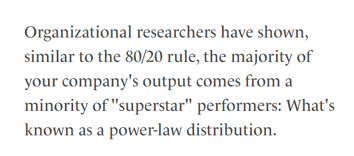 s it okay to pay a salesperson 2, 3, 10 times or more what other salespeople make?
s it okay to pay a salesperson 2, 3, 10 times or more what other salespeople make?
Traditionally, a salesperson's pay increases or decreases equivalent to their performance.
For most companies, in other functions, "fairness" takes a front seat to pay for performance. In some cases this is because companies feel they can’t measure their people’s performance: an untruth, as shared in You Can’t Measure What I Do – Measuring Performance.
“You can’t manage what you don’t measure, and what you don’t measure, you don’t understand.” ~Michael Gerber.
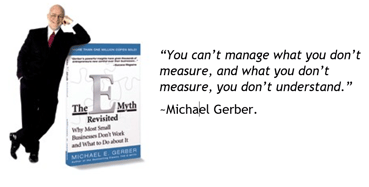 That should be an indictment enough to replace, fire, or inspire managers to measure performance. I’m quite sure Gerber’s inspiration came from Peter Drucker’s “you can’t manage what you can’t measure.”
That should be an indictment enough to replace, fire, or inspire managers to measure performance. I’m quite sure Gerber’s inspiration came from Peter Drucker’s “you can’t manage what you can’t measure.”
Your Best People Leave
In Work Rules! (Insights from Inside Google That Will Transform How You Live and Lead) Laszlo Bock’s advice is, to pay unfairly: Your best people are better than you think and worth more than you pay them.
In a misguided attempt to be “fair,” most companies design compensation systems that encourage their best performers to quit. The first and most critical principle requires you to turn your back on the notion of “fair“ as a practice.
Fairness is when pay is commensurate with contribution. As a result, there ought to be tremendous variance in pay for individuals.
How many people would you trade for your very best performer?
If the number is more than five, you’re probably underpaying your best person. And if it’s more than ten, you’re almost certainly underpaying.
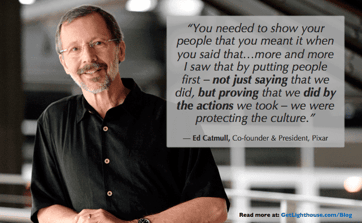 Good performers in most companies cap out quickly once they’ve reached a limit on their pay scale.
Good performers in most companies cap out quickly once they’ve reached a limit on their pay scale.
Robert Frank and Philip Cook predicted in their 1995 book The Winner-Take-All Society that more and more jobs would be characterized by growing compensation inequality, as the best people became increasingly discoverable and mobile, and therefore more able to claim a greater share of the value they create for their employers. An example of this is companies that do not allow remote work. The best performers may prefer this, and by not offering this “benefit” leave for where they can.
The Yankees figured this out: The best performers not only command the highest compensation, but they will also deliver sustained exceptional results. Do you really want to lose “exceptional performers?”
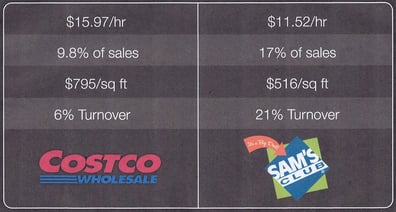 Bock notes that even lower-margin industries have discovered paying people well, even if they don’t need to, is smart business. In our Scaling Up presentations when I started, we would share these figures comparing Costco to Wal-Mart’s Sam’s Club.
Bock notes that even lower-margin industries have discovered paying people well, even if they don’t need to, is smart business. In our Scaling Up presentations when I started, we would share these figures comparing Costco to Wal-Mart’s Sam’s Club.
Wayne Cascio, of the University of Colorado Denver, compared the two in 2006, explaining, that “In return for its generous wages and benefits, Costco gets one of the most loyal and productive workforces in all of retailing and… the lowest shrinkage (employee theft) figures in the industry.… Costco’s stable, productive workforce more than offsets its higher cost.”
Watch Laszlo Bock share how Google Identifies and Rewards Top Performers
Measuring Performance
To pay fairly (based on contribution), managers must understand the reward system well enough to explain to the recipient, and to others who might ask, exactly why a reward is so high and what any employee can do to achieve a similar reward.
In other words, the allocation of extreme awards must be just.
If you can’t explain to employees the basis for a wide range of awards and can’t give them specific ways to improve their own performance to these superb levels, you will breed a culture of jealousy and resentment.
Maybe that’s why most companies don’t bother. It’s hard work to have pay ranges where someone can make two or even ten times more than someone else.
It’s much harder to watch your highest potential and best people walk out the door.
Google measures top performers not just by their performance, their raw output, but also by how they perform as a team, bring out the best in others, and how they live and breathe life into their culture. They reward their best performers 3 ways:
- Reward – Pay them substantially more
- Study – study, learn from them and teach others what they do
- Honor – Great Manager Award is their highest honor. It’s not for being the best engineer or exceeding sales quota. It’s awarded for being the best manager you can be. How much impact are you making on others? Do people across the company feel the impact you are having, did management feel the impact?
Paying fairly comes down to four principles:
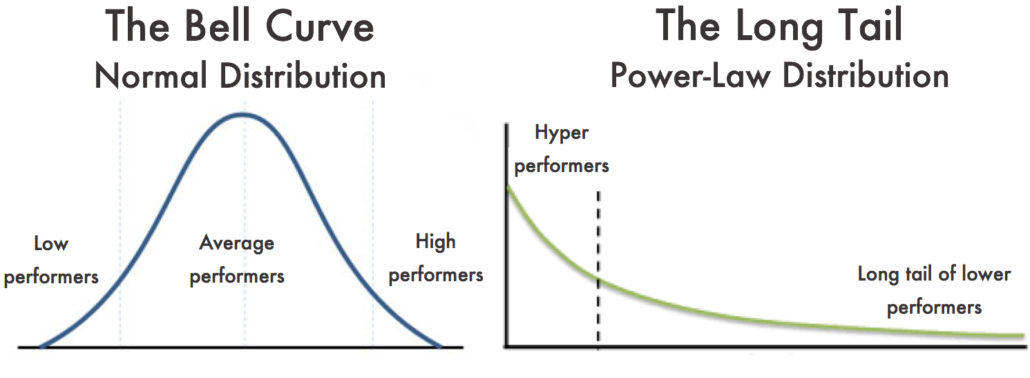
- Swallow hard and pay unfairly. Have wide variations in pay that reflect the power law distribution of performance.
- Celebrate accomplishment, not compensation.
- Make it easy to spread the love.
- Reward thoughtful failure.
For more best practice ideas on compensation, read Verne Harnish and Sebastian Ross's Scaling Up Compensation: 5 Design Principles for Turning Your Largest Expense into a Strategic Advantage.
To create an environment where everyone is inspired to give their best, contact Positioning Systems today to schedule a free exploratory meeting.
Growth demands Strategic Discipline.
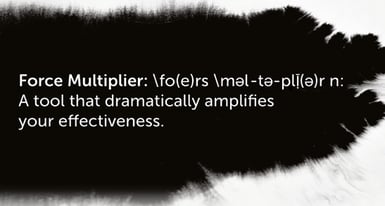 Your choices are only meaningful when you connect them to your desires and dreams. Many organizations don’t understand the power of Purpose. It’s a force multiplier, an intangible factor increasing performance through inspiration. Forget about willpower. It’s time for why-power, in our next blog.
Your choices are only meaningful when you connect them to your desires and dreams. Many organizations don’t understand the power of Purpose. It’s a force multiplier, an intangible factor increasing performance through inspiration. Forget about willpower. It’s time for why-power, in our next blog.
Building an enduring great organization requires disciplined people, disciplined thought, disciplined action, superior results, producing a distinctive impact on the world.
Discipline sustains momentum, over a long period of time, laying the foundations for lasting endurance.
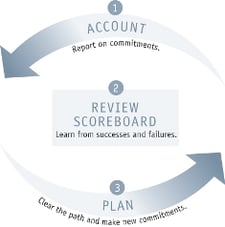 A winning habit starts with 3 Strategic Disciplines: Priority, Metrics, and Meeting Rhythms. Forecasting, accountability, individual, and team performance improve dramatically.
A winning habit starts with 3 Strategic Disciplines: Priority, Metrics, and Meeting Rhythms. Forecasting, accountability, individual, and team performance improve dramatically.
Meeting Rhythms achieve a disciplined focus on performance metrics to drive growth.
Let Positioning Systems help your business achieve these outcomes on the Four most Important Decisions your business faces:
|
DECISION |
RESULT/OUTCOME |
|
PEOPLE |
|
|
STRATEGY |
|
|
EXECUTION |
|
|
CASH |
|
Positioning Systems helps mid-sized ($5M - $250M+) businesses Scale-UP. We align your business to focus on Your One Thing! Contact dwick@positioningsystems.com to Scale Up your business! Take our Four Decisions Needs Assessment to discover how your business measures against other Scaled Up companies. We’ll contact you.
NEXT BLOG – Will-Power versus Why Power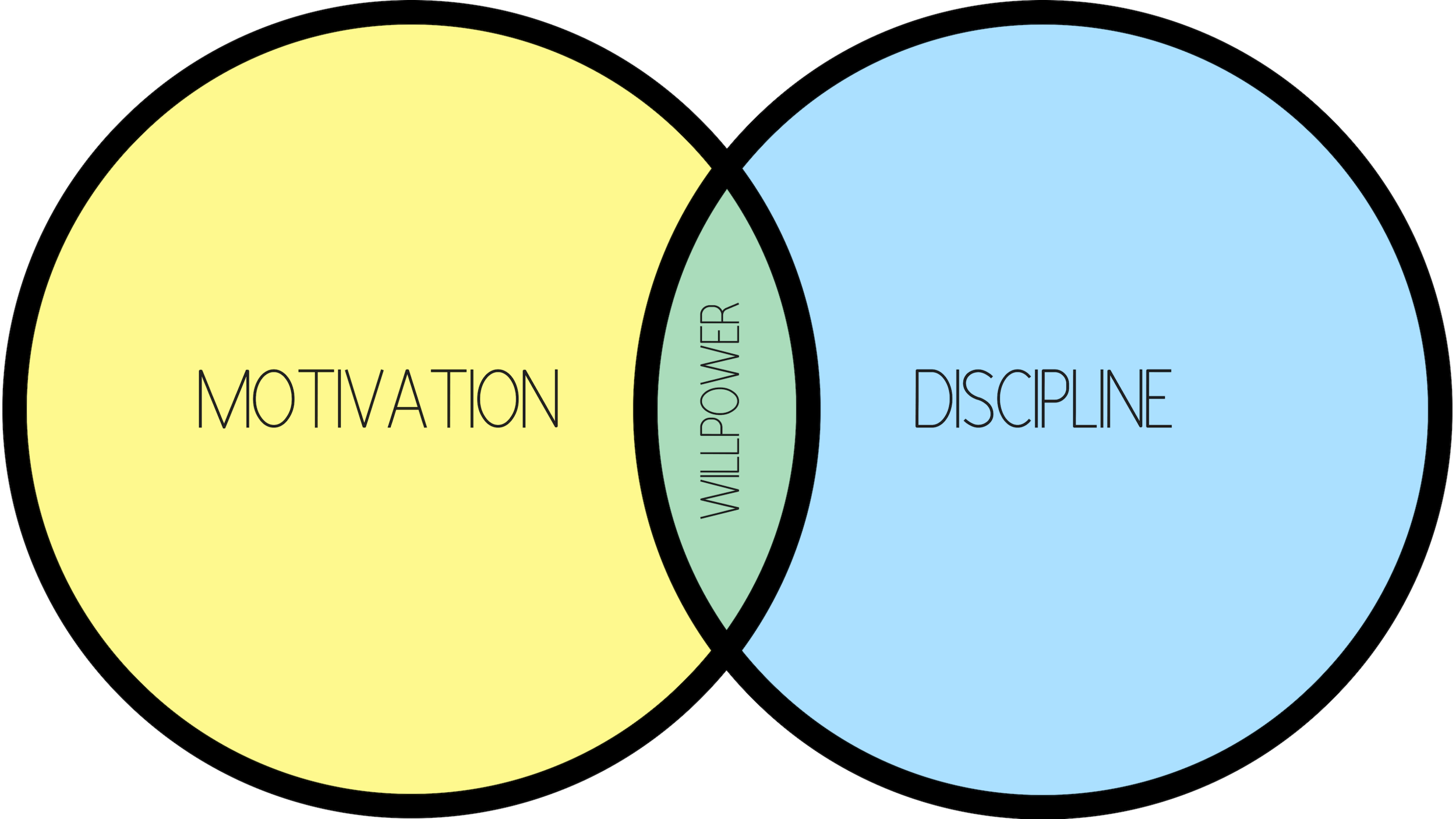






.jpeg?width=150&height=135&name=Hand%20with%20marker%20writing%20the%20question%20Whats%20Next_%20(1).jpeg)

